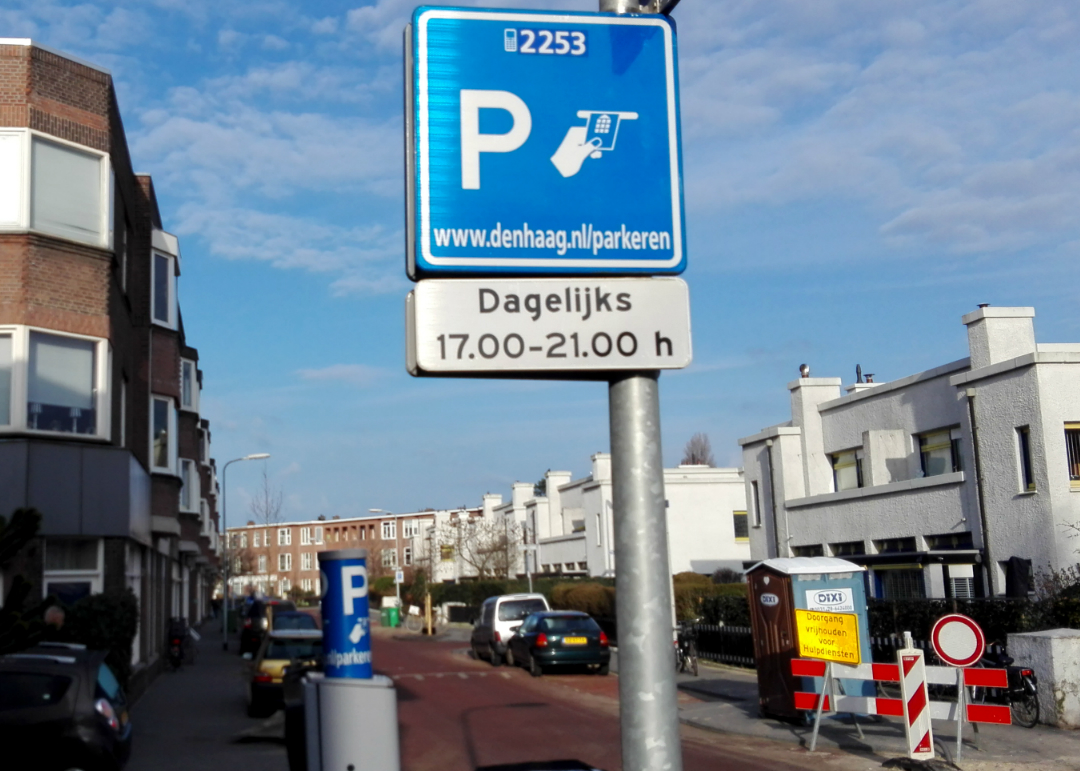Too many cars, too little space puts parking at a premium: NOS

A shortage of parking space is forcing the bigger towns and cities in the Netherlands to introduce blanket paid parking, an investigation by broadcaster NOS has shown.
Of the 25 largest cities, Rotterdam, Amsterdam and Utrecht are hardest put to accommodate cars but Dordrecht, Leeuwarden, Tilburg and Eindhoven are experiencing similar shortages.
The problem is made worse by the growing number of cars, CBS figures show. In the four years to the start of 2023, 440,000 new cars were added to the Dutch fleet, bringing the total to 9 million, most of which are owned privately.
Car industry body BOVAG is expecting another increase of 360,000 cars by the end of next year.
It is not a given that cities can accommodate these cars, city planner Jeroen Niemans told the broadcaster. “Space is scarce, especially in cities. There is a difficult choice to be made between parking spaces, greenery, homes or a space for bikes,” he said.
Many local councils try to relieve the pressure in some areas by introducing paid parking or a hike in parking fees, but this often leads to a glut of cars in neighbouring areas.
Others, like Nijmegen, see no other solution than to introduce blanket paid parking, or withholding a second parking license, as is the case in Utrecht and Tilburg. Breda and Amsterdam are offering both locals and tourists places in underground parkings.
According to Niemans, part of the solution is to promote shared mobility, where cars and bikes are used by more than one person in a certain area. If you want fewer cars, you will have to come up with alternatives,” he said.
Thank you for donating to DutchNews.nl.
We could not provide the Dutch News service, and keep it free of charge, without the generous support of our readers. Your donations allow us to report on issues you tell us matter, and provide you with a summary of the most important Dutch news each day.
Make a donation